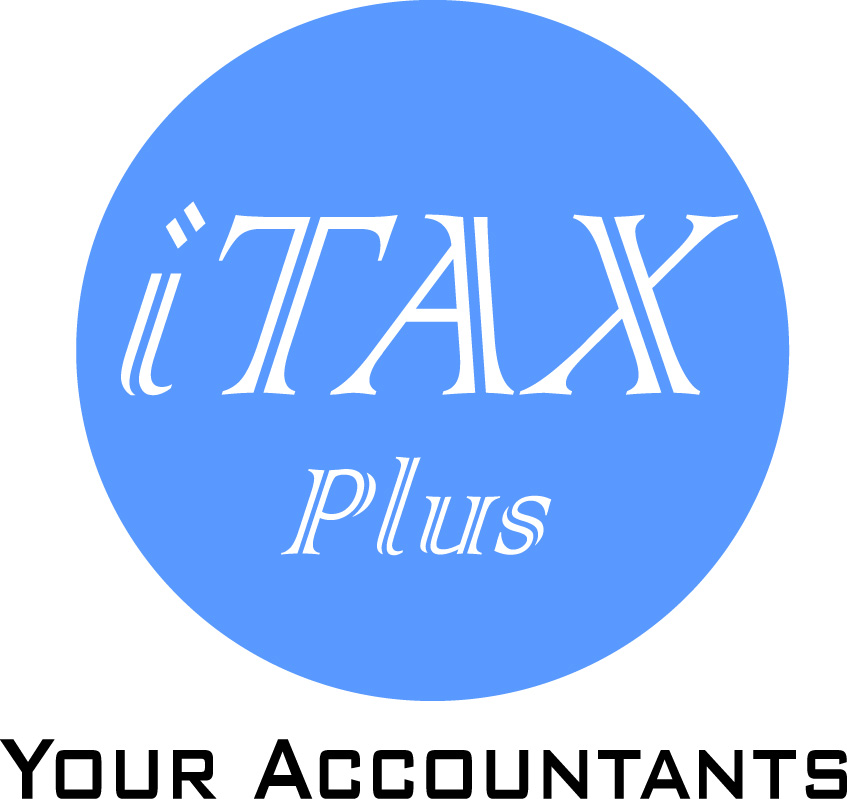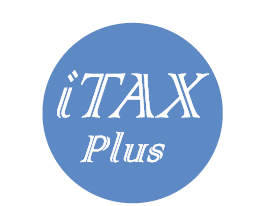HOW IT WORKS
It’s from your home or your office, to prepare your tax return for electronic lodgement through iTAX Plus.
- Our secure online system means you can do your return whenever and wherever you like.
- Answer the relevant questions about yourself; (including your contact details) your employment and other income details, your possible deductions and our qualified Tax Consultants take over.
- Once you submit your information via online, we will access your ATO portal via our registered tax agent portal.
- Initial contact will be by phone or email.
- We will prepare your tax return, discuss with you any items that need clarification and further examine the detail to obtain the strongest tax benefits for you.
- We will then advise you of the outcome and once you have reviewed and signed the paperwork, we will lodge your tax return electronically.
- You may receive your refund in the bank in as little as 10 working days from signing your completed tax return (subject to ATO processing).
- Our fees are very competitive and, of course, fully tax deductible ( See our pricing)
- Once finalize your tax return, we will send you a tax invoice, once we get paid, we will lodged electronically through our ELS programme.
INCOME
PAYG Summary Income
- Include here all income and tax credits on every PAYG Summary. Click Add Another for more lines
- Employment Wages, Salaries, Directors Fees – Enter all details and Gross income & PAYG tax withheld
- Employment Allowances – If on your PAYG Summary these are also taxable Income, enter on a new line
- Employment Lump Sum Payments – Include here but also email us a copy to ensure correct treatment
- Government Pensions, Youth Allowance, Newstart, Austudy – All taxable unless exempt on your PAYG Summary
Other Income
Include here all other taxable income, such as;
- Interest income – Provide the Gross amount including Any Withholdings Tax that was deducted
- Dividend income – Provide the Gross amount including Any Imputation Franking Credit deducted
- Capital Gains/Losses – Include here but email us all details of purchase and sale
- Trust or Partnership Distributions – Include here but email us a copy of distribution statement
- Superannuation Fund Payments – Please upload your payment summary.
- Foreign income – Include here but also email us a copy to ensure correct treatment
- Business income – Please upload your business income & expenses details
- Rental Property income – Please upload your rental property income & expenses details.
Other Reportable Income
- These may appear on your PAYG Summary and are not taxable, but must be entered in Income Tests below
- Reportable Employer Superannuation Contributions
- Reportable Fringe Benefits
- Tax-free Government Pensions
- Exempt foreign income
DEDUCTIONS
Before claiming deduction with your tax return, make sure you must read following issues and our FAQ sections and you generally need to keep receipts if total deductions exceed $300, with exceptions
Car Expenses:
If you use your car for work you are entitled to claim the expenses that relate to the business costs of using your car to do your job as a tax deduction. There are a number of methods you can use to claim the car expenses. You must own the car to claim under any of these methods and the record keeping requirement is detailed for each method.
Method 1 – Cents per kilometre
- Your claim is based on a set rate for each business kilometre you travel and you can claim a maximum of 5,000 kilometres under this method. If you travel more than 5,000 kilometres you need to use an alternative method of claim.
- You do not need written evidence but you need to be able to demonstrate that you have incurred the expense. Diary records will need to be prove the travel of Km.
Method 2 – 12% of original value
- Your claim is based on 12% of the original value of your car. Luxury car limits apply.
- Your car must have (or would have) travelled more than 5,000 business kilometres in the income year.
Method 3 – One-third of actual expenses
- You claim one-third of your car’s expenses.
- Your car must have (or would have) travelled more than 5,000 business kilometres in the income year.
- You need written evidence of fuel and oil costs and for all other expenses for the car.
Method 4 – Logbook
- Your claim is based on the business use percentage of each car expense which is determined by a log book that must have been kept for a minimum 12 week period. This log book must be updated every 5 years.
- You need odometer readings for the start and end of the period that you owned or leased the car.
- You need to detail all the kilometres you have travelled for the log book period.
- You can claim all expenses that relate to the operation of the car and you will need to keep receipts to justify your claim.
What you cannot claim
- If your car is provided by your employer, or as part of your salary package you cannot claim any of the car costs.
- You cannot claim the cost of normal trips between home and work because that travel is private even.
- You work overtime and no public transport is available to use to get you home
Travel Expenses
Claim any travel costs, car hire, fares, tolls or parking fees where required for work, Claim 100% actual costs for work-specific work related travel.
Uniforms
Claim compulsory uniform, protective or occupation-specific clothing. Excludes everyday clothing.
Laundry
Estimate up to $150 for weekly laundry & dry-cleaning of work uniforms and protective clothing
Self-Education
If related to current work, claim all course fees, books, travel, equipment
Other Deductions
Union, professional, and trade fees & registrations. Check your PAYG Summary if these deducted from pay. Claim the cost of seminars, courses, conferences & workshops, and related computer use or software, Cost of reference books, journals, trade magazines and online subscriptions Safety or protective items such as hats, safety glasses, sun-protection & sun-glasses if applicable, Claim 100% if under $300, and apportion for any personal use. For items over $300, depreciate cost over the useful life, or 37.5% if under $1000. Claim work-use proportion of telephone, internet or electricity bills.
Donations
Made to an approved charity or other organisation
Tax Agent Fees
Fees don’t forget to include tax return fees paid during the year, as well as any ATO interest imposed.
Income Protection
Insurance Premiums for work income are deductible. Life insurance is never deductible.
Investment deductions
Claim any financial advice, transaction fees, or interest costs on loans to invest

